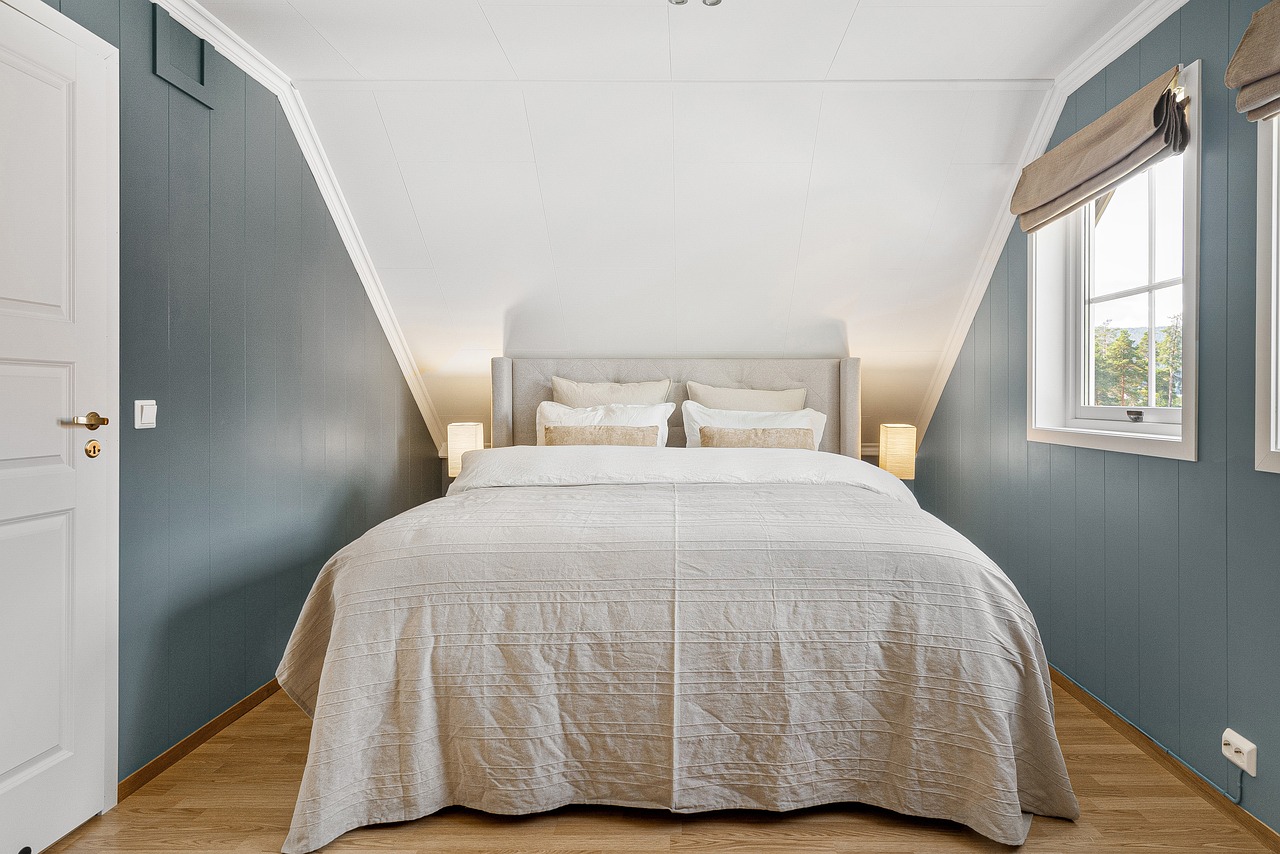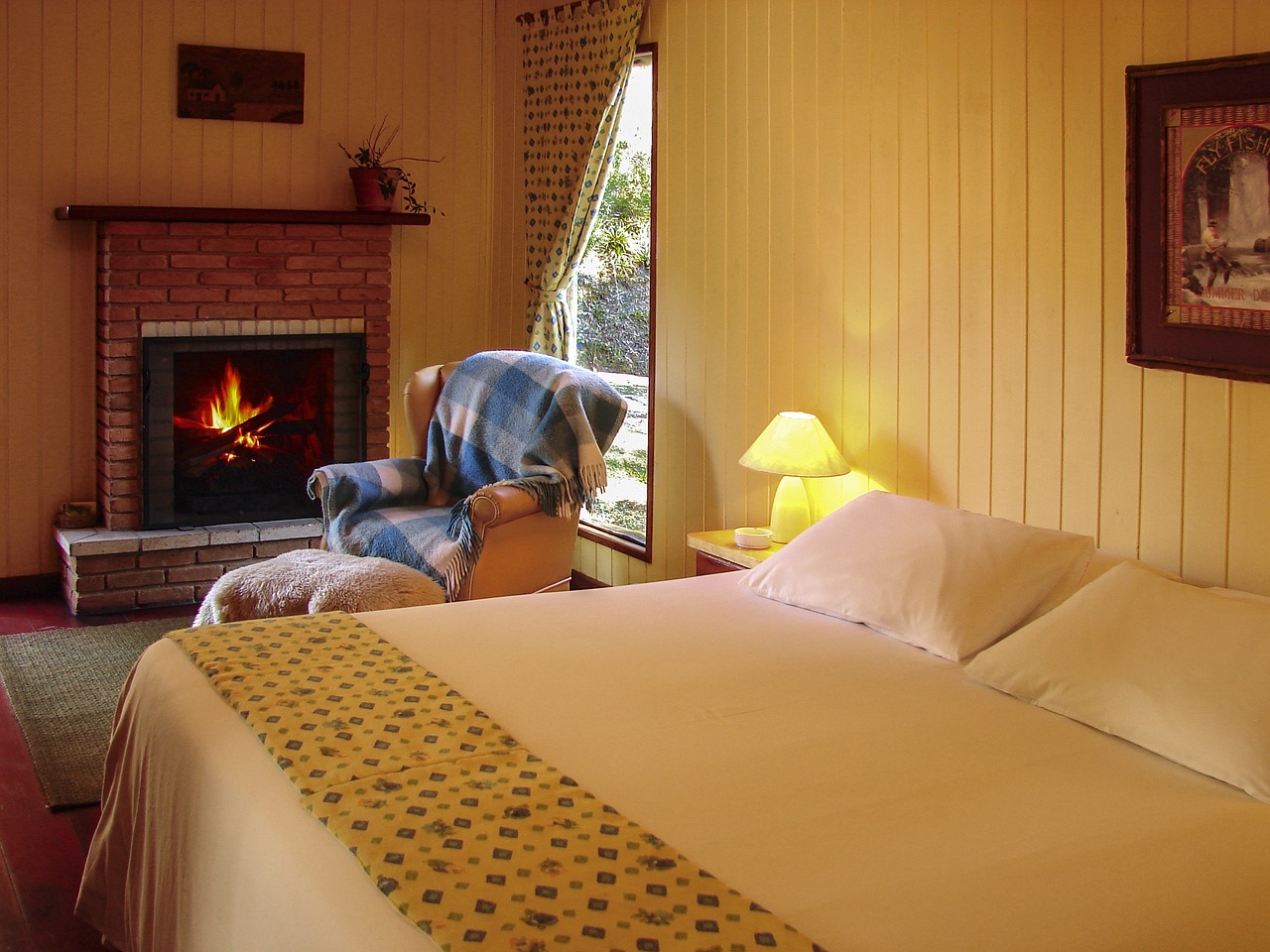
The bed and breakfast in France offer a charming, personalised alternative to traditional hotels. But how profitable is this type of accommodation really? This article explores the various financial and practical aspects to help you assess whether investing in a chambre d'hôte is a wise decision.
A room host is a furnished room in the owner's home that is rented out to tourists. The owner welcomes visitors for a day or several nights, provides breakfast and offers services such as linen and towels. This type of year-round accommodation allows tourists to discover a region in a more authentic and friendly way. Bed and breakfasts stand out for their ability to offer a personalised welcome and a unique experience for each guest.
Although the terms are sometimes used interchangeably, there are significant differences between a chambre d'hôte and a gîte. A gîte is a self-catering accommodation, often a house or flat, that tourists rent for a set period of time. Unlike bed and breakfasts, gîtes do not usually include hotel services such as breakfast. Gîtes generally offer visitors more privacy and independence, while chambres d'hôtes offer a more direct and personalised service.
Before taking the plunge, it's crucial to carry out a market study to assess the demand for accommodation in your target region. Analyse the existing offer, the prices charged, the quality of the welcome, and identify the region's strong points.  You will also need to assess the average price of rooms in the town or territory where you plan to open your bed and breakfast. It is essential to understand the needs of potential customers and the specific expectations of the local market.
You will also need to assess the average price of rooms in the town or territory where you plan to open your bed and breakfast. It is essential to understand the needs of potential customers and the specific expectations of the local market.
A solid business plan is essential for anticipating potential costs and income. It should include the budget for purchasing or renovating the property, operational costs, and income forecasts based on realistic occupancy rates. The plan should also include the costs involved in creating and fitting out the bed and breakfast. On average, the return on investment can vary, and it is important to note that profitability can take around three years to stabilise. Turnover and net profit will be influenced by factors such as the price per night and the number of nights booked.
Setting up a bed and breakfast requires you to comply with a number of administrative formalities, such as registering with the town hall, obtaining operating permits and complying with health and safety standards. You will also need to determine the appropriate legal status and pay the necessary taxes. In France, regulations can vary from region to region, and it is important to comply with local requirements.
The income from a bed and breakfast depends on a number of factors, including the occupancy rate, the price per night and the seasonality of the property. On average, the net rate of return on a property investment in a bed and breakfast varies from 2% to 7%. For example, for a property purchased for €150,000, you can expect to generate between €3,500 and €10,500 a year after expenses. This income is directly influenced by the price per night and the number of nights booked. It is also important to note that income can vary depending on the season and the type of holiday offered.
Operating costs include maintenance, utilities (water, electricity, internet), taxes, insurance and marketing costs. It is also important to take into account the depreciation costs of the property and any renovations. Staff training costs, the purchase of equipment and the cost of fitting out the rooms should also be taken into account. Total operating costs will influence the annual net profit.
It is generally accepted that it takes around three years for a bed and breakfast to become profitable. During this period, it is crucial to maximise occupancy while effectively managing costs to ensure the viability of the business. Good occupancy management and quality service are essential to achieving stable profitability. The owner will also need to be prepared to invest in continuous improvement to maintain quality and attract new customers.
Location plays a crucial role in the profitability of a bed and breakfast. The zones tourist popular areas offer higher revenue potential due to strong demand, while rural areas may require additional strategies to attract customers.  An attractive location is often a determining factor in the success of the business. The attractiveness of the location can also influence the price you can charge per night.
An attractive location is often a determining factor in the success of the business. The attractiveness of the location can also influence the price you can charge per night.
Offering guests an exceptional experience can encourage positive reviews and customer loyalty, increasing the chances of repeat bookings. Additional services such as guided tours or cookery classes can also be sources of extra income. Customer comments and reviews are important for enhancing your reputation and attracting new customers. The quality of decoration and equipment also plays a crucial role in customer satisfaction. Quality labels and awards can also add value to your offer.
Managing costs effectively is essential to maximising profitability. This includes reducing unnecessary expenditure, optimising rates according to demand, and using online booking platforms to increase visibility. An effective marketing campaign or website can also help attract customers. You will also need to monitor operating costs and adjust prices accordingly to maintain a balance between quality and profitability. Costs can vary depending on the time of year and fluctuations in demand.
The profitability of a seasonal bed and breakfast depends on many factors, from location to the quality of the services offered. Although the initial investment can be substantial and profitability may not be immediate, effective management and a well thought-out strategy can turn a bed and breakfast into a stable and lucrative source of income. Before taking the plunge, it is essential to carry out thorough market research and prepare a solid business plan to maximise your chances of success in this fast-growing sector.
1. Formalities for opening guest rooms
2. How do you set up a guest house?
3. What budget do you need to open a bed and breakfast?
4. Taxation of bed and breakfast establishments
5. What status should guest rooms have?
6. What licence is required for a chambre d'hôte?
7. What services are available for chambres d'hôtes?
8. How do I choose a bed and breakfast platform?
9. Bed and breakfast labels
10. Operating guest rooms as a company
11. Furnishing and decorating a guest room
12. Classification of guest rooms
13. What is the ideal number of rooms for a bed and breakfast business?
14. Is it profitable to offer table d'hôte as well as chambres d'hôtes?
15. How do you communicate effectively for a bed and breakfast?